Serving students is in many ways akin to preparing a special delicacy. Delicacies are rare and highly desirable foods that are particular to a culture or people. To prepare such foods, one is expected to put a great deal of effort in figuring out the appropriate recipe that meets the required cooking standard. Perhaps, a greater level of attention might be paid when selecting the utensils needed to achieve a perfect finished result. Also important is the competence of the cook who prepares the food—the miracle worker who is entrusted with the duty of turning sheer concoctions into delectable wonders. This individual is not only expected to bring culinary expertise and maybe a bit of innate dexterity to the cooking table, he or she is also obligated to present the cooked food in an appetizing, mouth-watering and visually appealing manner to those who will now have the pleasure and delight to indulge.
To put this notion in perspective, as educators, we must first perceive students and their varying lifestyles, character, learning abilities, personalities, religion, creed, sexual orientation, and backgrounds as very special delicacies that must be taken seriously, deeply understood, and strategically catered to. We must also assume the role of “seasoned educational chefs” who are saddled with the responsibility of constantly stocking scholarly cabinets with the correct recipe and appropriate ingredients of change, sustainable growth, and development. In addition, as educators, we must invest in the right utensils. In other words, institutions of learning must support, facilitate and expend resources on student-oriented instructional designs and programs that promote both personal and professional development.
Furthermore, we must be strategic as we implement student-focused projects, as sporadic or scattered initiatives will only miss the intended target and consequently bring about subpar results. To this end, we must prioritize institutional assessment and conduct periodic research to constantly gain insight and stay abreast of current and changing perspectives and opinions of students, faculty, and staff, as well the communities that surround such institutions. It is imperative that every department in academia map out a strategic plan that identifies and defines opportunities and/or problems and programmatically outlines a specific pathway that must be conscientiously followed to achieve desired mission-focused goals and outcomes. This is important because a well-written strategic plan will carefully explore pertinent objectives and present workable strategies and tactics, as well as demonstrate effective ways to measure the impact of a program. This kind of framework is expedient and extremely useful in making informed decisions and creating policies, as well as in determining the workability and effectiveness of future programs.
While serving students, it is also important to include “multiculturalism” in the mix. This essential ingredient incorporates and prioritizes multicultural perspectives, encourages counternarratives and creates spaces that nurture intercultural competence. Furthermore, multiculturism demands that we constantly modify educational policies, programs, materials, and instructional practices that are not inclusive of, or otherwise discriminatory against other cultures or peoples. Thus, multiculturalism calls for complete openness and genuineness when dealing with students. It also implies that educators respect and appreciate students who are from different cultural backgrounds and characterized by unique identities, especially those whose values and beliefs tend to sharply differ from what we consider as normal.
To beef up our service to students, one cannot overemphasize the importance of incorporating extracurricular activities in our educational recipe, which, when done well, will perfectly harmonize knowledge and experience. Unarguably, extracurricular activities should be part of the holistic learning process that transcends and/or synthesizes theoretic, classroom learning with practical, real-life experiences.
Finally, as we continue to gather the crucial ingredients necessary to continually heighten the quality of education that students receive, we must consider engaging the services of educators who are not only known for their numberless years in academia, but rather those who are admired for their deep-seated passion for helping students reach their highest potentials. We must engage educators who are natural leaders, culturally fit and intellectually aware; seasoned educational chefs who cook their delicacies with tact, professionalism, empathy and utter respect for students and others.



2 comments
Bryan Jackson
March 13, 2024 at 10:17 am
Incredible! This blog looks just like my old one!
It’s on a entirely different subject but it has pretty much the same layout and
design. Superb choice of colors!
Jeff Hernandez
March 18, 2024 at 11:44 pm
Ahaa, its pleasant discussion regarding this piece of writing at this
place at this webpage, I have read all that, so now me also commenting at this place.